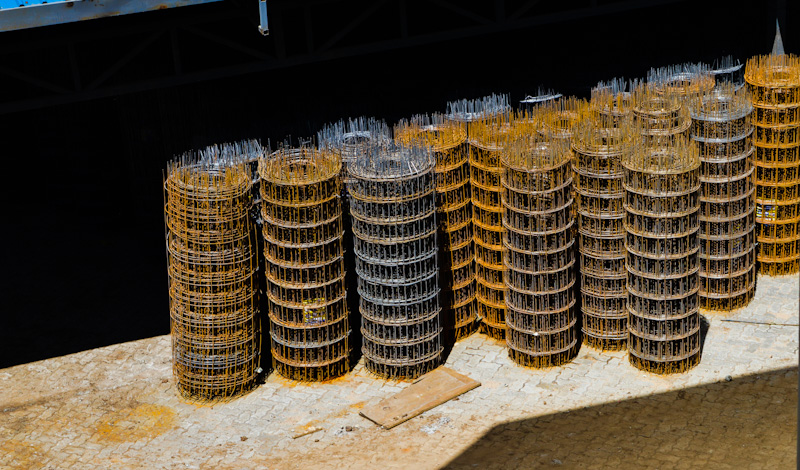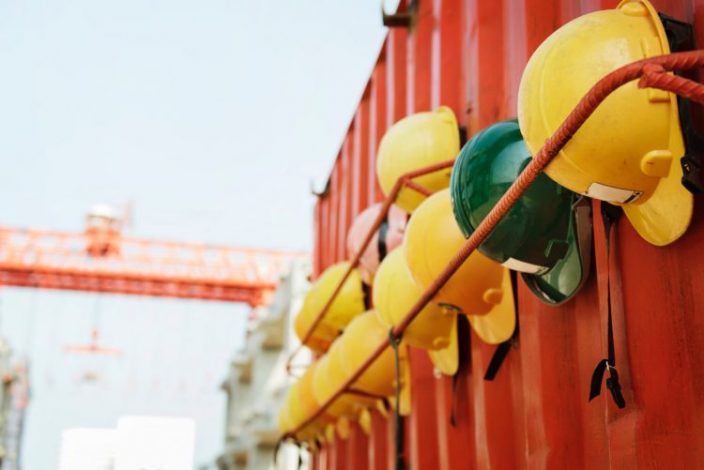“Make Kenya’s manufacturing industry much more competitive by focusing on policy stability,” this was the clarion call for the sector on Wednesday.
The Kenya Association of Manufacturers(KAM) said the manufacturing sector is the backbone of any economy, but it urgently needs to address headwinds to economic recovery, following the adverse effects of the COVID-19 pandemic.
“Unfortunately, Kenya is deindustrializing as demonstrated by the ever-decreasing share of the manufacturing sector to the Gross Domestic Product,” Mucai Kunyiha, Chairman, KAM said during the virtual launch of the KAM 2021 Manufacturing Priority Agenda (MPA), themed “From surviving COVID-19 to thriving: Manufacturing sector rebound for sustained job and investment growth”.
According to Mucai, increasing the manufacturing sector’s contribution to the Gross Domestic Product (GDP) to 15 per cent by 2022 means doubling our production and manufacturing.
“Those are big steps and they need to big actions to go there. It is about being competitive. It doesn’t matter if we can make Mercedes Benz at a cost of USD 2 million per piece, nobody is going to want to buy it. We must be able to produce competitively,” he emphasised adding that that is the primary ask of the MPA 2021.

The manufacturing sector’s contribution to GDP reduced to 7.5% in 2019 from 7.8% in 2018. However, the value-added in the manufacturing sector increased from KSh. 690.6 billion to Ksh. 734.6 billion over the same period.
Globally, Kenya’s manufacturing sector’s competitiveness is ranked at position 115 out of 152 countries according to the latest Competitive Industrial Performance (CIP) index data from the United Nations Industrial Development Organization (UNIDO).
Mucai notes that enhancing productivity in the sector is hampered by the increasing cost of doing business and low competitiveness and it was paramount that the government and its agencies strongly commit and demonstrate goodwill to securing the future of the country’s economic development.
“This is critical, especially due to the enormous export market opportunity under the African Continental Free Trade Area, Kenya-USA Free Trade Area, Kenya-UK Free Trade Area and the European Union, under the Economic Partnership Agreements,” noted Mr Kunyiha.
The MPA is an annual publication that guides the Association’s advocacy efforts with Government and its agencies.
Phyllis Wakiaga, Chief Executive KAM, says the Priority Agenda highlights the importance of a competitive local manufacturing sector.
Ms Wakiaga noted that with the globalization of world economies, it is impossible to insulate production or demand from global competition and changes.
“As such, manufacturers in Kenya must battle it out with formidable competitors such as China, India, Egypt, and South Africa. Improving regulatory efficiency, promoting access to quality, affordable and reliable energy, reducing transport and logistics costs, and enhancing cash flow for manufacturers will drive our competitiveness,” says Wakiaga.
Speaking during the launch, Cabinet Secretary for Industrialization, Trade and Enterprise Development, Ms Betty Maina expressed government’s commitment to streamline its operations to create a conducive business environment in the country.
This year’s MPA is guided by 5 pillars to support the recovery of the manufacturing sector from the devastating effect of COVID-19. The pillars include:
Enhancing competitiveness and level playing field for local manufacturers
Enhancing market access for locally manufactured goods both in local and export markets
Promoting pro-industry policy and institutional framework
Promoting SME Development
Enhancing industrial sustainability and resilience
The 2020 MPA comprised of 25 Agendas and 76 action points. Out of the 25 agendas, four were fully achieved, 19 partly achieved while no progress was registered for the remaining 2 agendas.




